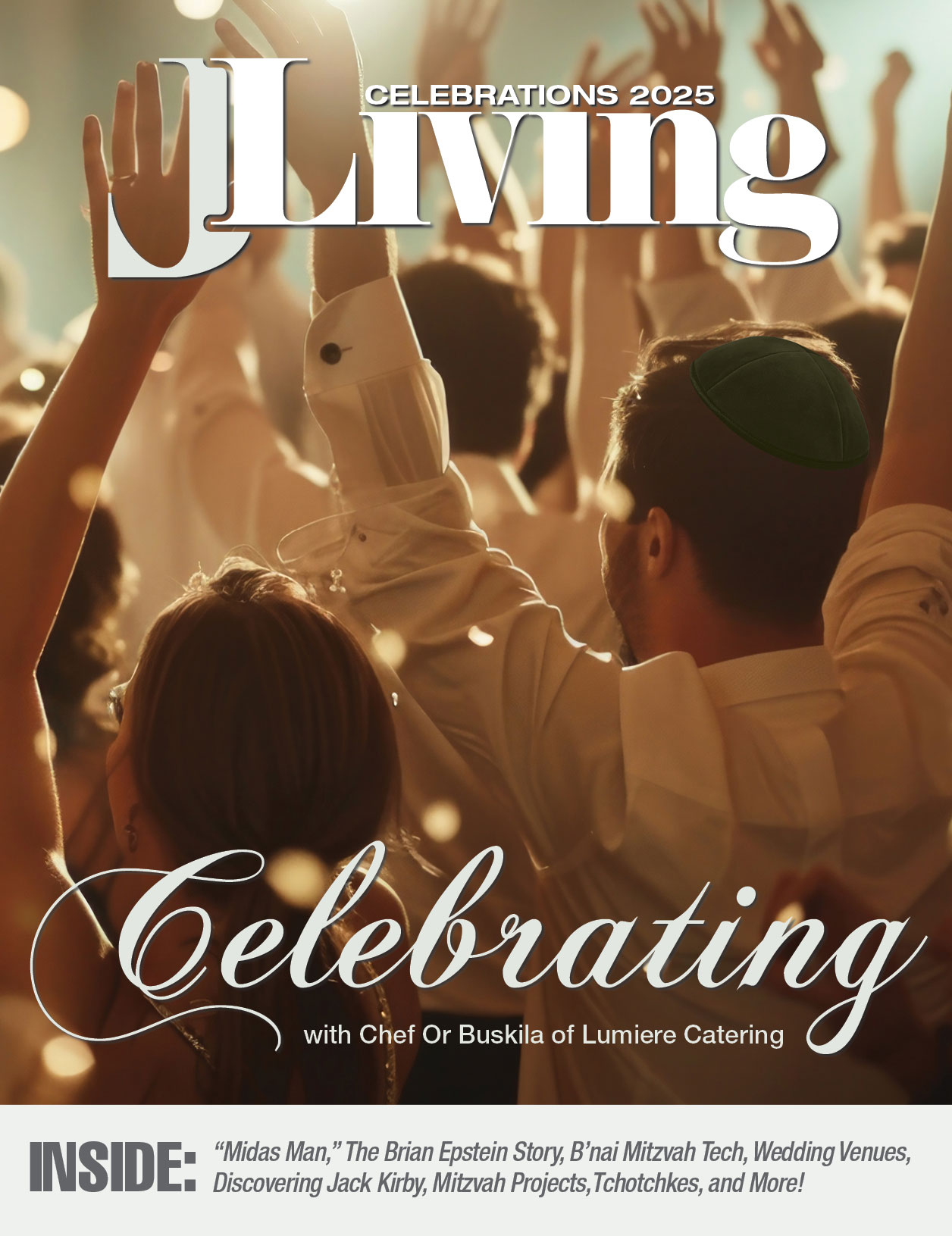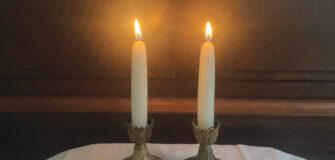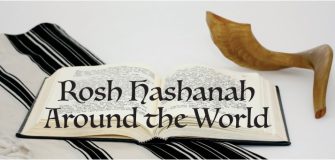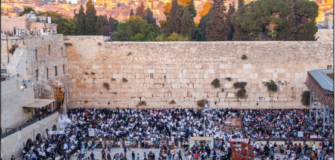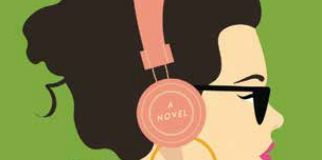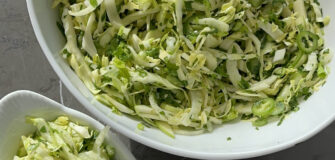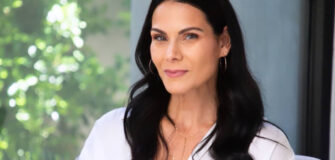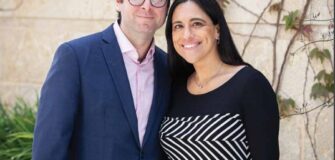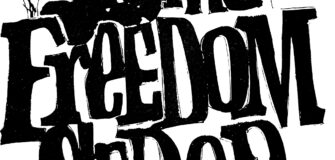Reflections After the Palisades Fire
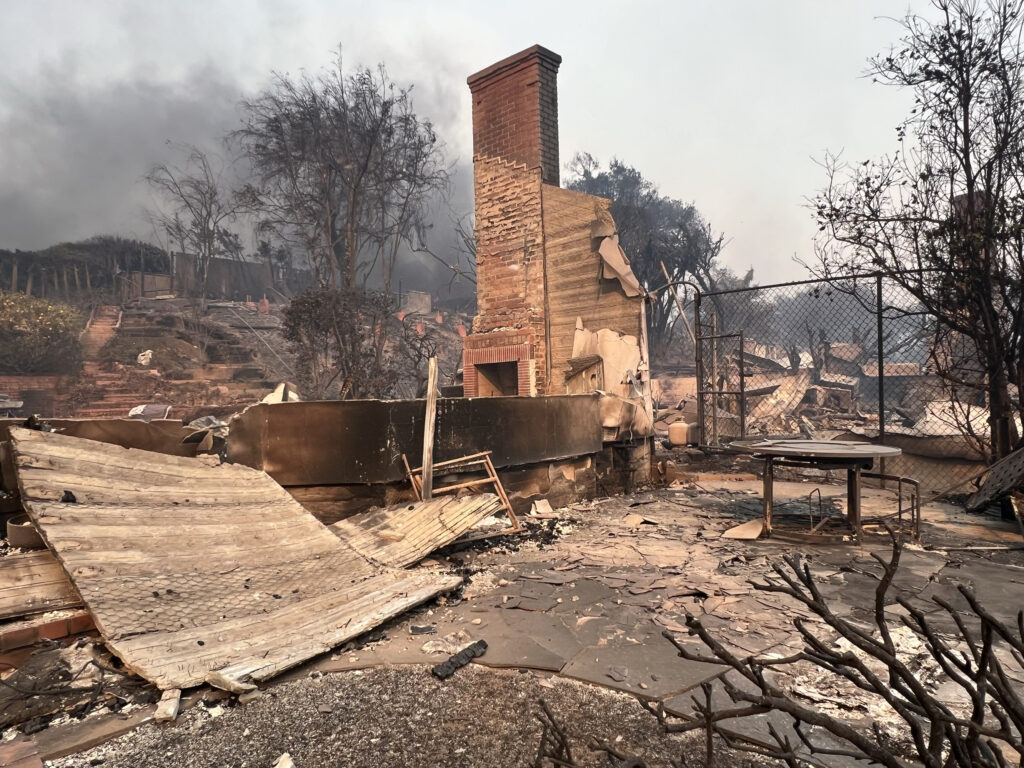
A New Understanding of the Exodus Story
By Rabbi Daniel Sher
This year, I find myself viewing the Passover story of the Exodus through a new lens — one unexpectedly shaped by the aftermath of the Palisades fire, which took so much from my family, our community, and more.
For so many years, I’ve repeated the phrase, “It’s just stuff,” whenever I needed a reminder that the most important things in life aren’t possessions, but people. Yet I never imagined that phrase would acquire such depth, such nuance, such a bittersweet sting until I found myself having to replace nearly every item my family once owned.
We fled our home with little more than the clothes on our backs — much like the Israelites who left Egypt before their bread had a chance to rise. As I grew up, I always heard it with a somewhat aspirational notion: walk away, start over, find freedom in the essentials. A misguided romanticizing of such an event.
But there’s a profound pain in the forced parting from items that once formed the brick and mortar of your everyday life. Each piece — be it kitchen supplies, a bedframe or a set of Shabbat candlesticks — held not just utility but also the weight of memories. I never thought I would cry over a cutting board, but I have. Because that board wasn’t just a slab of wood: It was the thousands of meals we prepared on it, the laughter we shared around the kitchen, and the sense of home that took years to cultivate. It was charged with the intentionality and love we crafted and built our lives with.
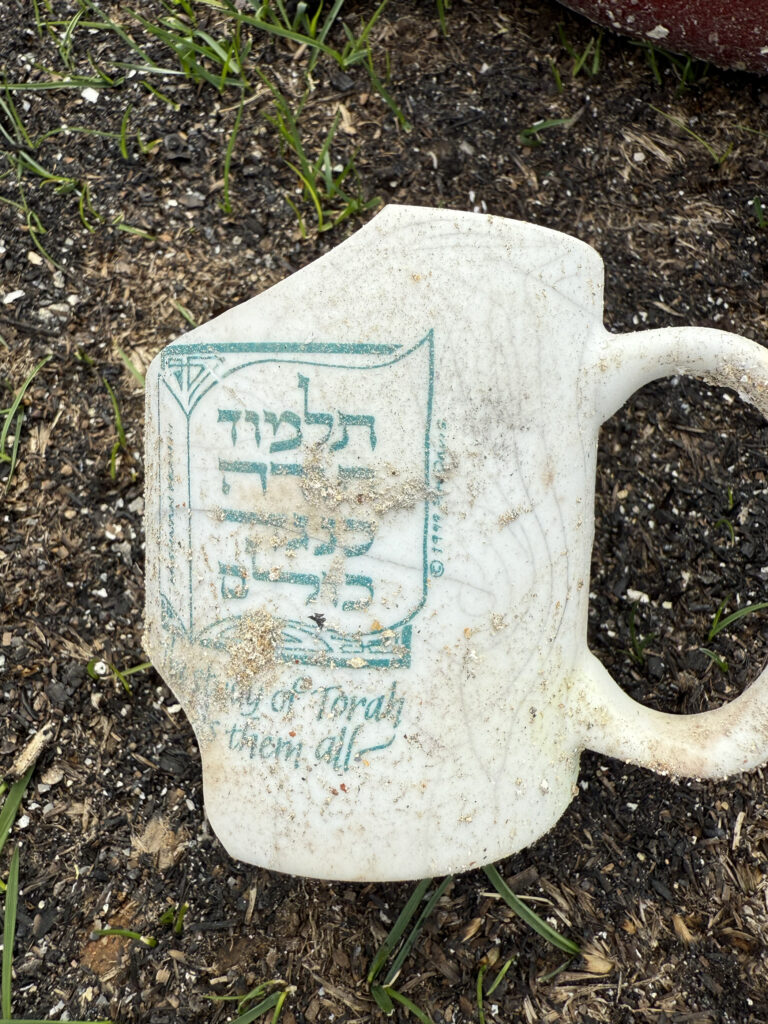
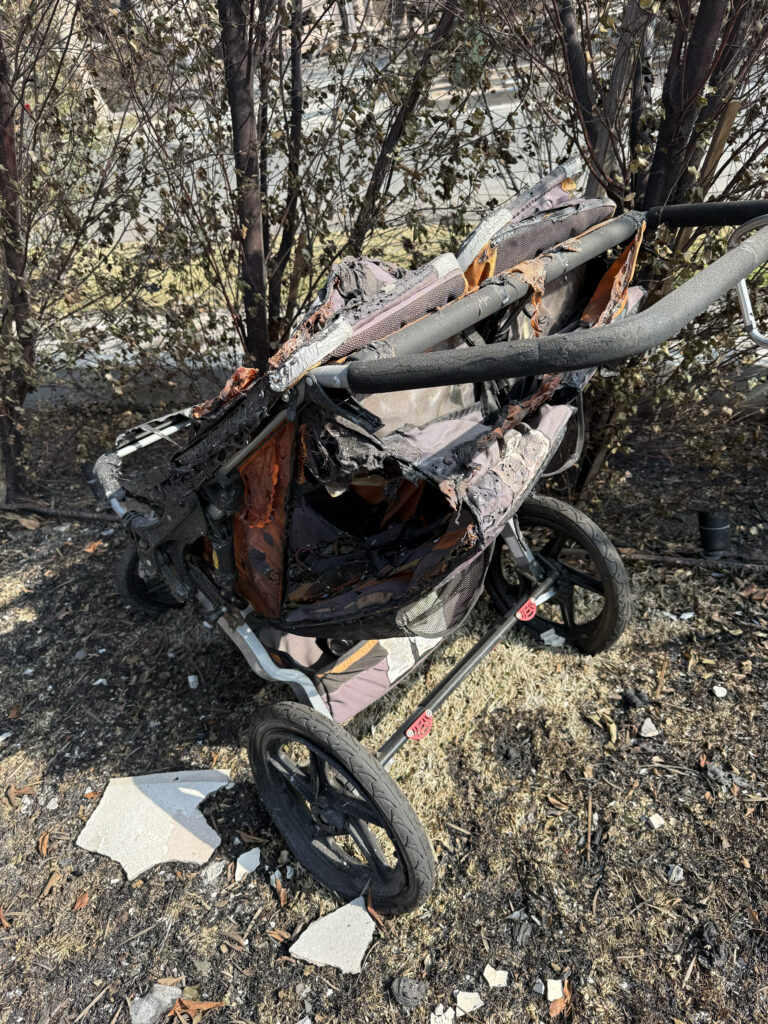
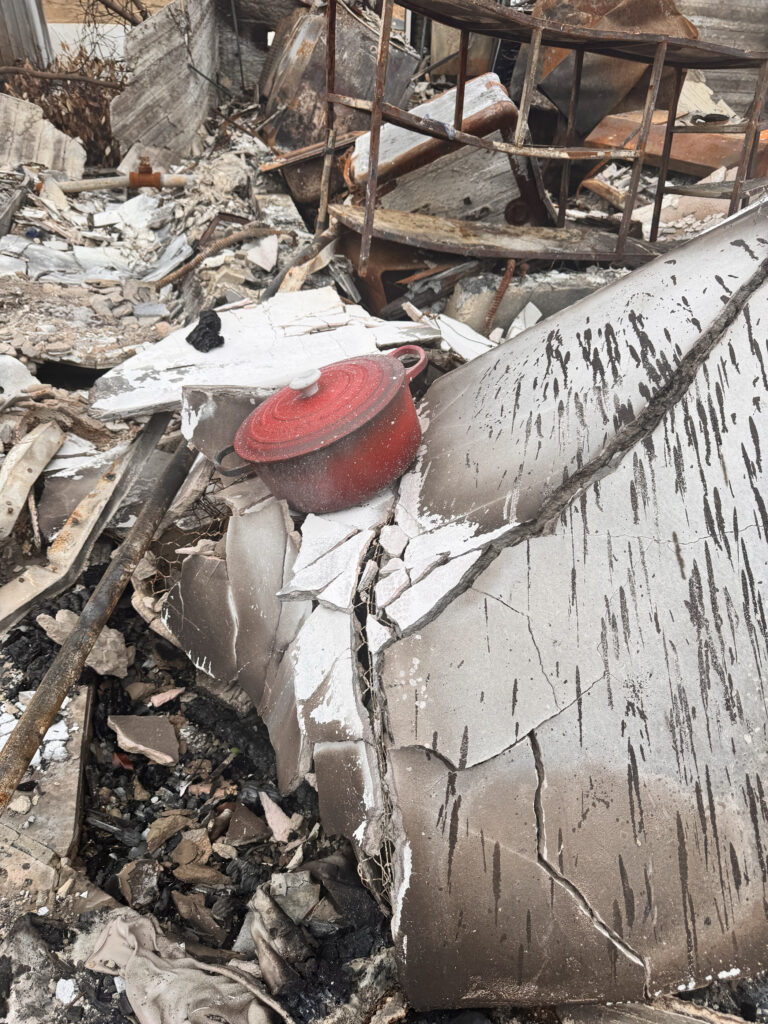
And so each step of our rebuilding — buying a new knife set, choosing a new cup to fill with wine on Shabbat — carries both gratitude and grief. Gratitude, because we have the chance to stand on our feet again and because so many caring people have extended their hands to help us rebuild. Grief, because we are reminded that rebuilding isn’t the same as returning to what once was. You can’t replace a memory; you can only create a new space for new ones.
It was while walking through our children’s temporary school site that the weight of this tragedy settled into my bones: We’re now seeking refuge. We’re the ones in need of a safe haven. For years, I’ve worked to help others find refuge in times of crisis — our community has resettled families fleeing horrific circumstances — but being on the receiving end of such care feels surreal, and it hurts. It is a strange, disorienting experience to become a refugee in one’s own neighborhood.
In that sense, I understand the Exodus narrative differently now. The Israelites fled a place they knew wasn’t inhabitable to start something new. Their journey wasn’t just physical — out of a land of oppression — but psychological: They had to relinquish so much of their familiar life.
And even upon reaching their destination, everything had to be rebuilt from scratch. For us, too, we will eventually come back to the place we knew as home, but it will be an entirely new space we inhabit. We will make intentional decisions to lay new bricks and mortar — real and metaphorical — to create something that honors our past and leaves room for the future.
All of this plays out in the heart of the Palisades, where the Jewish community is a true cornerstone. We come together, gather and lean on one another all the time — it’s a testament to a deeply Jewish spirit of resilience and unity. Just as Jews have done for thousands of years, since our Exodus story, we will heal as a community.
Indeed, Jews know trauma. Our people carry a 3,000-year roadmap of resilience — time and again, we have faced adversity and refused to let it define us. We do not waste our trauma; we build from it, transforming our pain into a source of strength for ourselves and the world. In the face of heartbreak, the Jewish response is triumph and resolve, community and celebration.
This Passover, I will approach the seder with fresh eyes. The symbolic steps — Maggid, Rachtzah, Motzi, and so on — remind me not only of the Israelite journey but also of our own. As we taste the bitter herbs and the sweet charoset, we honor both the bitterness and the sweetness that shape our lives. Each ritual, each cup of wine, will feel like a step toward renewal. The Exodus story has always taught resilience and rebirth, but only now do I feel it in my bones.
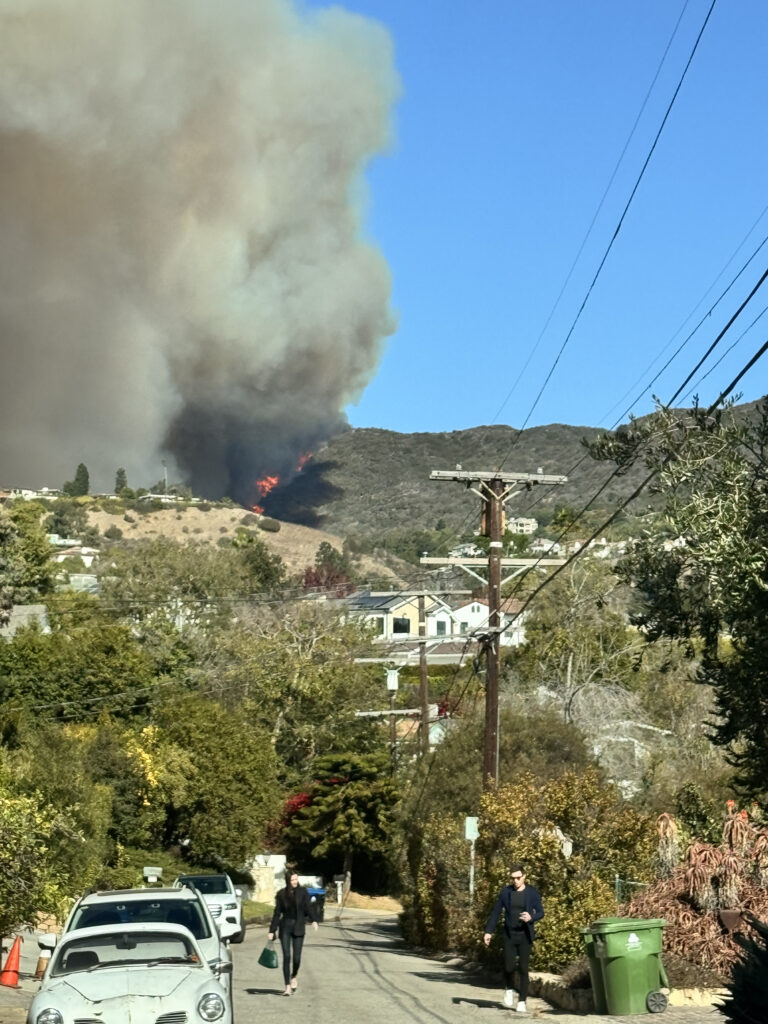
So yes, it’s just stuff. I’ll say those words again, because I believe them. But I’ll say them with a new understanding — one that holds both the logic of knowing things can be replaced and the heartache of knowing memories cannot.
Like the Israelites, our family will go forward, forging something new from the ashes of the old. We will honor the home that was, even as we begin to lay the foundation for the home that will be. And we will do so together, as a united and caring community — a reminder of how we have always healed and rebuilt, from ancient times to our present day.
Chag Sameach. May this Passover bring liberation, comfort and the promise of new beginnings for all who need it.

